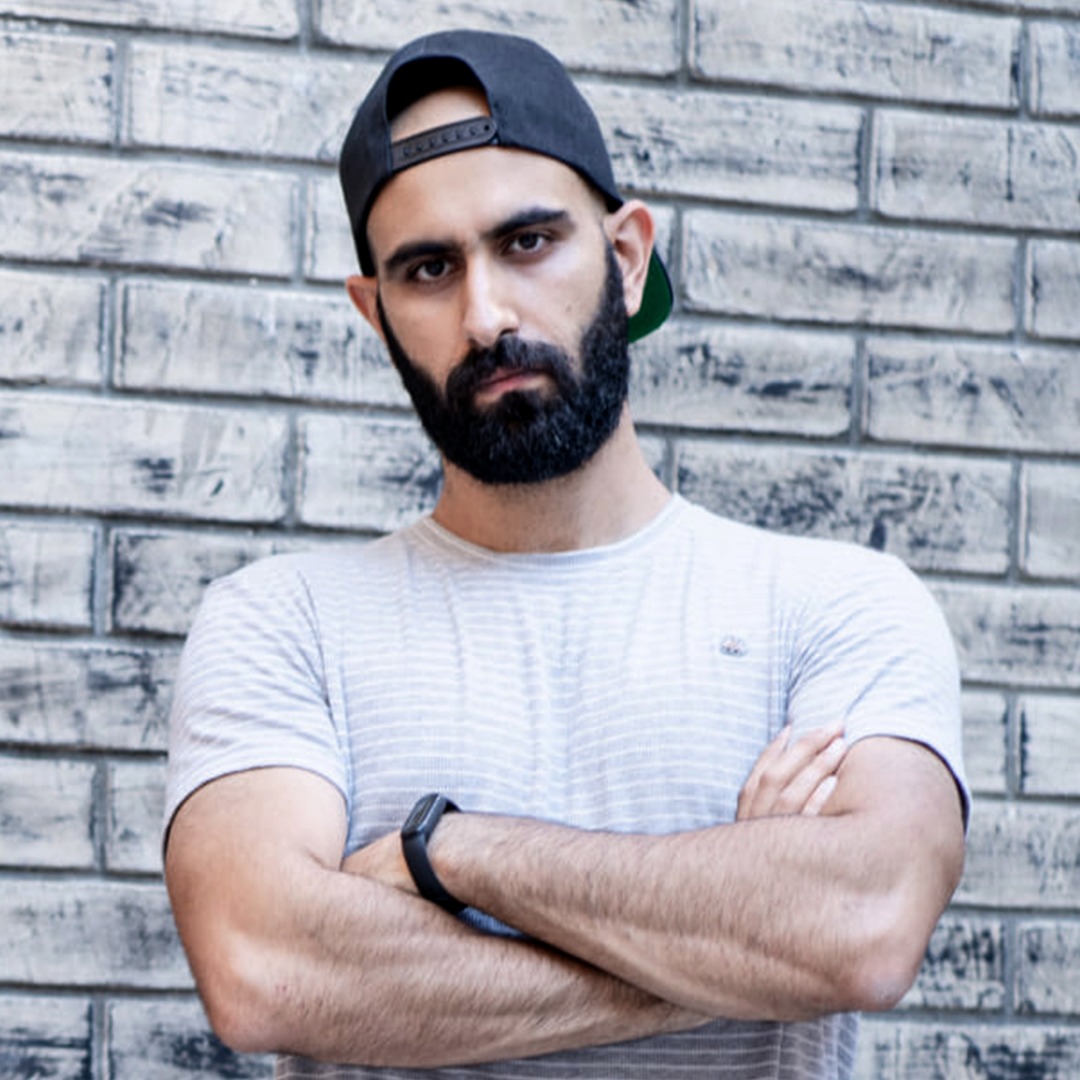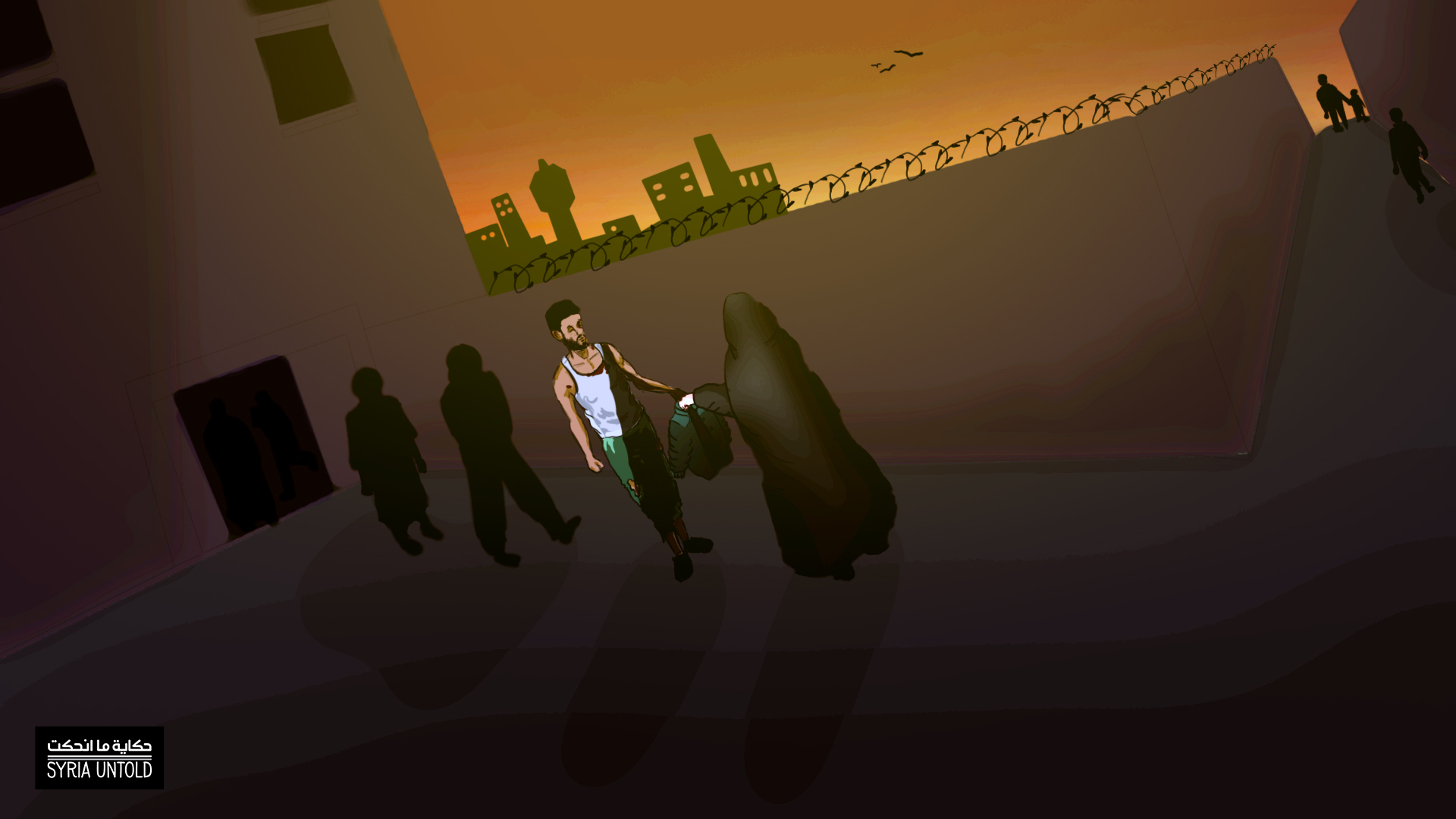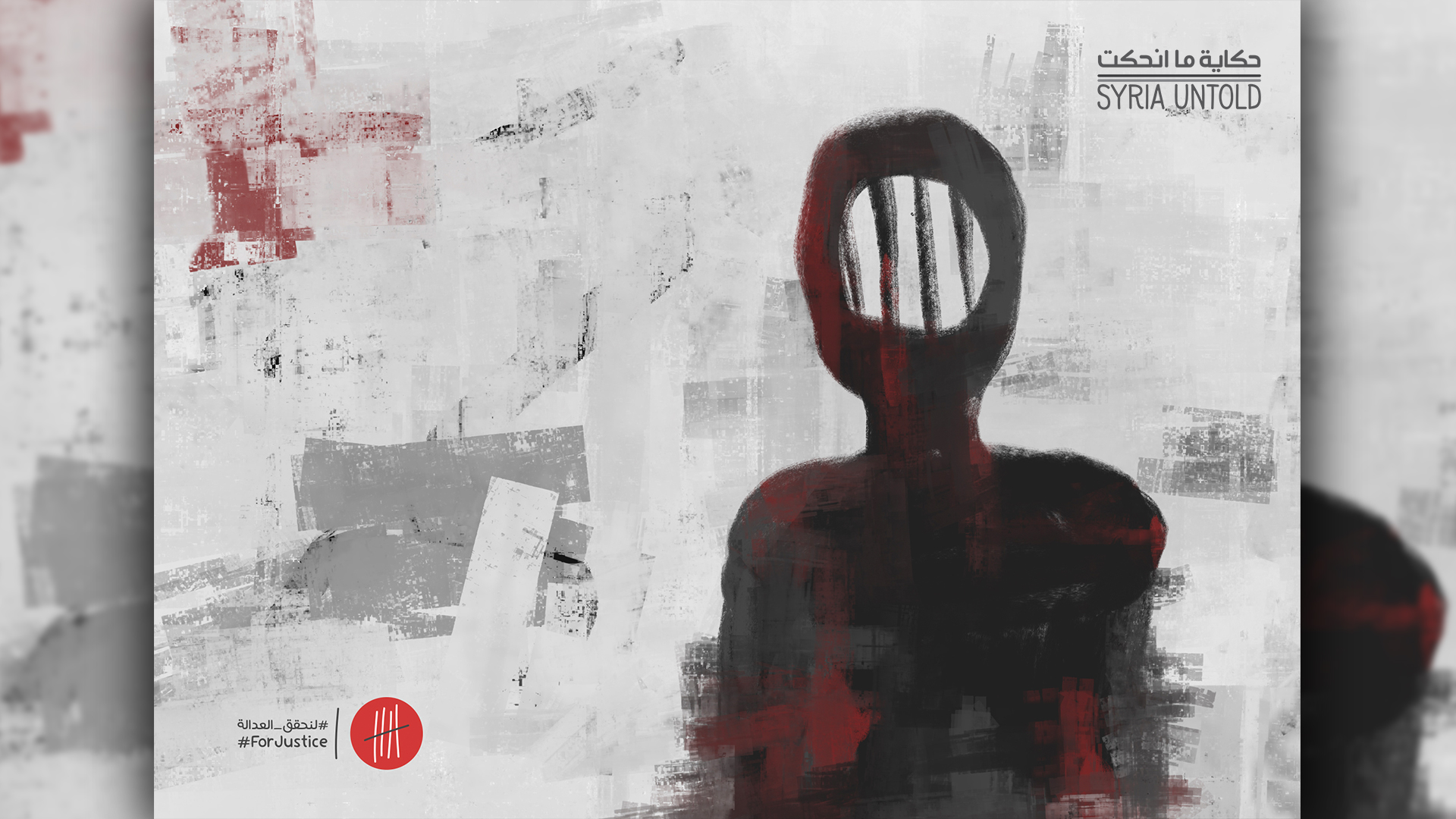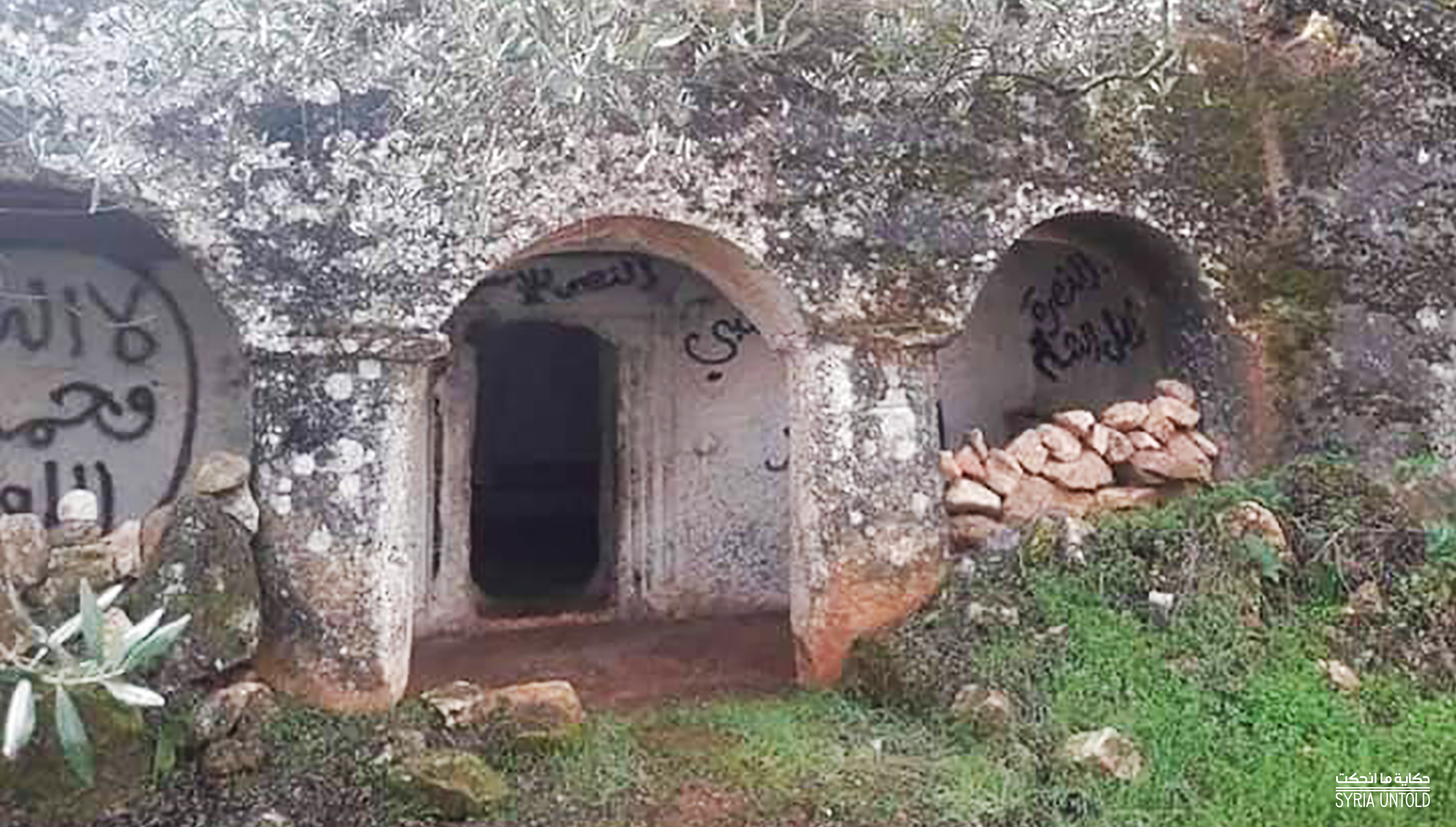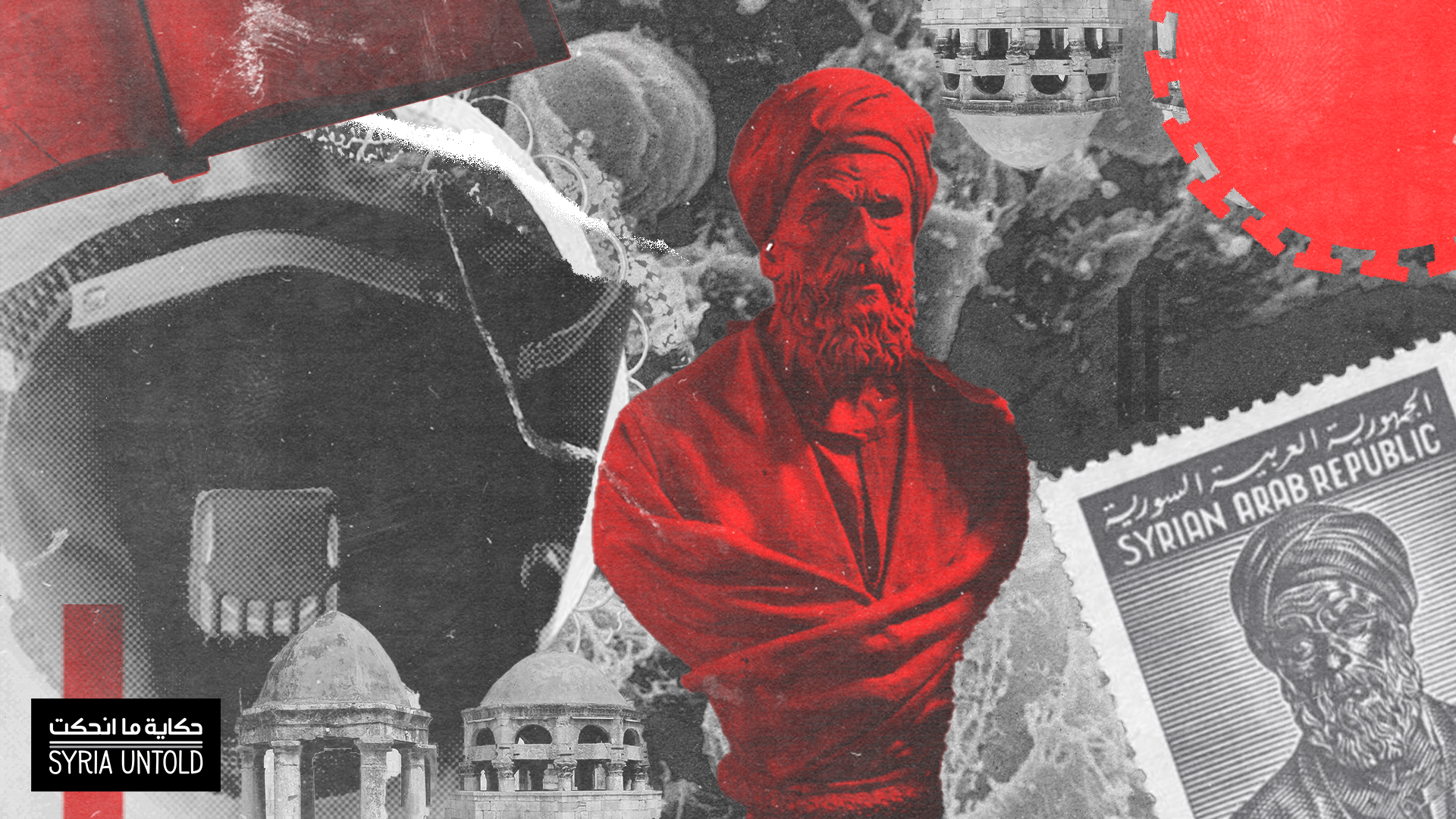SyriaUntold’s illustrator and multimedia editor Rami Khoury revisited Musab Hamoud’s essay about detainment in the early years of the Syrian revolution.
Rami’s picture story is below, with snippets from Musab's original written piece.
There were many people waiting outside the Palace of Justice. A woman in her 50s stopped me and asked where I had come here from. I told her: Air Force Intelligence. She smiled and asked me about her son, if he had been there with me. Yes, I saw the joy in her eyes, but unfortunately, her son, who coincidentally had been with me in the same cell, wasn’t freed. I told her that her son was fine and in good health, that we were the first batch of detainees to be released from that place, that I was optimistic. She was holding a winter jacket because it was cold that day, and when her son was detained it was hot. She draped the jacket over me and gave me some biscuits. “These things are for my son, but he wasn’t released,” the woman told me. “But you’re like my son, al-hamdulilah ala salamtak.” Thank God you are safe.
I returned home to Syria in 2005 after earning my secondary school diploma in the Gulf country where my father worked.
I submitted several applications to universities in Syria, and was initially accepted to the University of Aleppo. They later canceled my admission because I didn’t have a membership number in Syria’s ruling Arab Socialist Baath Party. I refused to register for the party on the grounds that I am a Syrian citizen, and I have the right to attend the university I wish without any political affiliation.
The Syrian revolution began with a demand for the return of our stolen freedom and dignity, but the regime met the peaceful protesters and activists with brutality and violence.
A few of my friends and I were excited to take part in the revolutionary movement, but at the same time, we took precautionary measures to not fall into the hands of the Syrian security forces, which were suppressing the demonstrations.
At one of the demonstrations in my home city, Muadhamiyat al-Sham just outside Damascus, the security forces shot my friend. He died immediately. The next day at his funeral I walked in the very front of the procession carrying his coffin, and I didn’t cover my face. Up until then, I had been covering my face at the demonstrations, fearful I’d be recognized by one of the regime’s spies.
I sat in that room the first night of detention and I wondered: When am I leaving this place? Do they know I’m an activist? What is my fate here? Will they kill me? Does my family know I’ve been arrested? There were many, many more questions.
The next day, they transferred me somewhere else. A little while later I learned that it was the Investigations Branch of the Air Force Intelligence at the Mezzeh Military Airport.
As I entered the branch, I could hear the sounds of torture and the screams of the detainees. I was in a state of terror. They took me to a cell no more than seven square meters in size. We were 15 detainees in that cell, and we were allowed to leave just once per day, in the morning, to use the toilet. They gave us two meals: a piece of bread with some rice and boiled potatoes, thrown to us on the floor of the cell as if we were animals in a pen.


